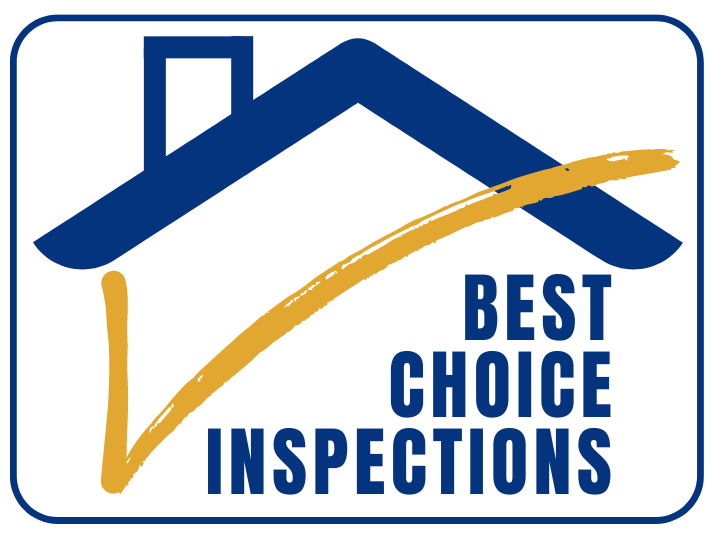Keeping your home safe requires attention to detail, simple habits, and smart investments. Whether you’re settling into a new place or have lived in the same house for decades, revisiting the basics of home safety is worth it. This post covers some tips that make a real difference.
Start With Fire Safety
Working smoke alarms are the first line of defense in any home. They need to be in every bedroom, outside each sleeping area, and on every level of the home. Test them monthly, change the batteries at least once a year, and replace the units entirely if they’re over ten years old.
Another essential is a fire extinguisher. Keep one in the kitchen, and if possible, place extras in the garage and near bedrooms. Learn how to use it before it’s ever needed. In a fire, there’s no time for guesswork.
It’s also important to have a fire escape plan. Identify two exits for every room and make sure all family members know them. Practice the plan once or twice a year—it’s a quick drill that could end up saving lives.
Don’t Overlook Carbon Monoxide
Carbon monoxide is odorless, colorless, and dangerous. Install CO detectors near sleeping areas and in any space with gas appliances or an attached garage. Test them monthly and replace them as recommended by the manufacturer, usually every five to seven years. If a CO alarm sounds, get everyone outside immediately and call for help.
Secure Doors and Windows
Doors and windows are your home’s front line against intruders. Strong, solid-core doors and quality deadbolts are a smart start. Reinforce the strike plate with longer screws, and install a peephole or video doorbell for better visibility.
Windows should be locked when not in use. If you want extra protection without bulky hardware, add window pins or security film. Outdoor lighting is another easy upgrade. Motion-sensor lights around doors and dark areas can discourage unwanted visitors.
Child and Pet Home Safety Basics
Small children and curious pets explore without caution. Secure heavy furniture and TVs to the wall to prevent tipping. Use outlet covers and keep cords bundled or out of reach. Store chemicals, medications, and sharp objects in locked or high cabinets.
For pets, watch for hazards like toxic plants, loose wires, or open trash bins. A baby gate can double as a pet barrier to keep them away from certain rooms or stairways.
Stay Ahead of Electrical and Water Hazards
Electrical issues are a common cause of house fires. If outlets feel hot, lights flicker, or breakers trip regularly, it’s time to bring in an electrician. Don’t overload outlets or use frayed cords. Avoid stringing multiple power strips together.
Water leaks can quietly do major damage. Check under sinks, around appliances, and in basements for signs of moisture or mold. Know where your main water shutoff valve is. In a plumbing emergency, shutting it off quickly can save thousands in repairs.
Include Weather and Emergencies in Home Safety Planning
Storms, outages, and natural disasters don’t wait for convenience. A home emergency kit should include flashlights, batteries, drinking water, non-perishable food, medications, and a basic first aid kit. Backup phone chargers and copies of important documents are also good to have.
In colder climates, protect exposed pipes from freezing. In high-wind areas, secure anything outside that could become a flying hazard. Staying prepared means fewer surprises and a quicker recovery when the unexpected happens.
Frequently Asked Questions on Home Safety
How often should smoke and carbon monoxide detectors be tested?
Test them once a month. It only takes a moment and can make all the difference.
What kind of fire extinguisher should I have?
A Class ABC extinguisher works on most common household fires and is a solid all-purpose choice.
Do security cameras and smart locks make a difference?
They do. Even basic systems can discourage break-ins and give you more control over who enters your home.
What should go in an emergency kit?
Water, non-perishable food, flashlights, extra batteries, a first aid kit, medications, and chargers are key. Include any personal essentials like spare keys or copies of ID.
When is it best to call a professional?
If you have electrical issues, structural problems, gas smells, or signs of mold, don’t take chances. Bring in someone qualified to handle the situation safely.
Best Choice Inspections offers home inspections in Knoxville, TN, and the surrounding area. Contact us to schedule an appointment.

